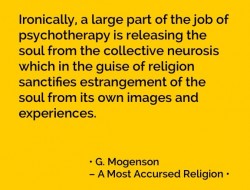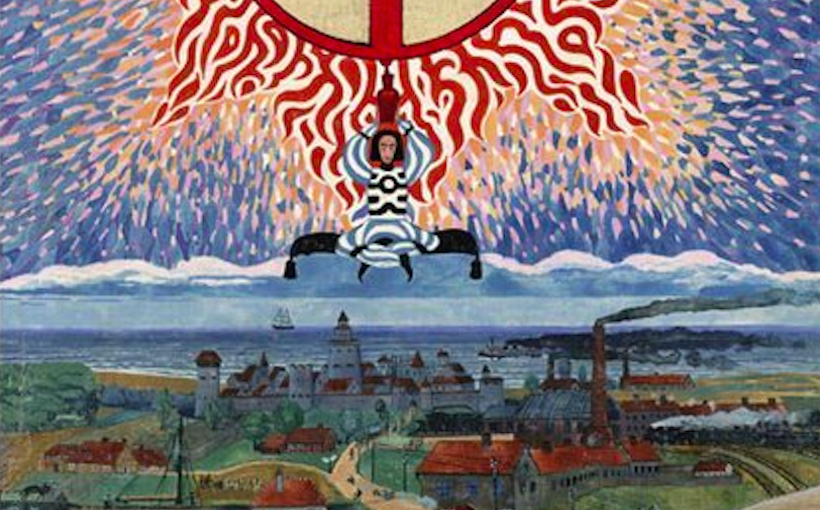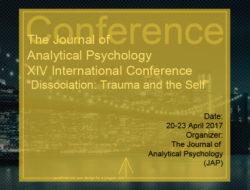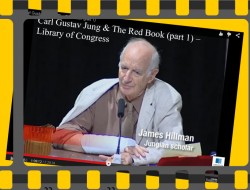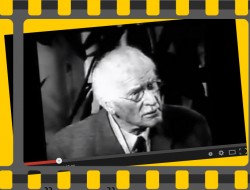Journal of Analytical Psychology
Volume 59, Issue 1, pages 60–77, February 2014
In his paper Marco Heleno Barreto applies a completely new understanding to Jung’s catastrophic visions and dreams. He adopts a very specific interpretative position anchored in the viewpoint of psychology as the discipline of interiority, which considers a psychic phenomenon as meaning itself, being its own interpretation.
He treats trans-human dynamism displayed in Jung’s visions and dreams as a manifestation of immanent telos (goal or aim) of soul activity being own self-actualization, regardless of the human subject’s interests or concerns. From this assumption he draws out astonishing conclusion – the total destruction of mankind in Jung’s last vision may be seen as equivalent to the absolute realization of the modern form of consciousness and also of its end. What is already present in its logical constitution from the very beginning is what will be negated by soul, as its last and absolute act of self-negation possible and thinkable within this form of consciousness. ‘Man’ was the initial and the final absolute remaining to be negated in modern history.
This hypothesis relates at the same time to widely spread nowadays concept of post-human logical status of consciousness. Barreto comments summarizing his paper:
This form can be grasped through the perception that our world is not really, truly organized having as its goal concrete human benefits, but it is the other way around: concrete human beings serve the goals of the great systems of technology and economics, as replaceable parts in the process of those objective systems. In face of the total logical sublatedness of the human position in this same world, we are again living within the logic of human sacrifice, with the difference that this time the sacrifice is not performed only on an individual victim, and on a special occasion, but absolutely realized all the time and on all of us. It is the perfect sacrifice. This is the soul meaning of ‘the final catastrophe’ seen by Jung on his death-bed, which is quite different from the (possible) positive-factual destruction of the human species, of Homo sapiens. Correlative of the full accomplishment of the modern logical form of consciousness, the catastrophe implies particularly the end of psychology with soul. For this psychology soul sings its requiem through Jung’s final vision, as a way of saying of its own opus: Consummatum est.
Barretto revolutionary hypothesis that Jung’s catastrophic vision can be seen as a requiem for analytic psychology, or maybe even for the whole area of depth psychology poses important questions about the nature of psychology and takes us back again to the quote from Jung we mentioned in one of our earlier posts: What most people overlook or seem unable to understand is that I regard the psyche as real. Would then this inability be not only personal deficit, but the mark of times?
Read the article in Journal of Analytical Psychology
Tags: Journal of Analytical Psychology, Jung, Jung's visions













